More ethically minded, sustainable, BAME and LGBT+ inclusive working cultures thrive in today's working society. As individuals, we have a responsibility to nurture and care for each other and the environment. Evidence suggests that 76 per cent of the millennial generation are highly concerned about what climate change means for the planet's future.
This demographic is more likely to want to work for or invest in a company that embraces sustainable practices. Businesses collaboratively embrace the opportunity to take action against climate change, global warming and deforestation, amongst so many other pressing environmental issues; These collective efforts could fundamentally improve and enhance the planet's health and longevity.
Denmark’s multinational power company Orsted A/S topped the Forbes 100 most sustainable list last year. Diminishing their use of fossil fuels and investing alternatively in offshore wind power helped the organisation to reduce carbon emissions by 83%. This transformation has also favourably impacted the companies earnings capacity. Facilitating efficiency, improving brand value and growth, providing a platform to grow an ethical reputation for innovation, minimising expenses, and sustainable business all help to protect our planet as well as framing your brand in a favourable and progressive light.
You don't have to transform the whole company to make a significant impact on the environment. Simple adjustments resonate profoundly when it comes to reducing your brand's carbon footprint.
Cut the commute
Excessive time spent commuting to work is one of the main factors contributing to work-life balance problems. In the UK, the average commuting time is more than one hour a day. This stressful addition to an individual's already busy working schedule as well as the energy demand it exerts with the associated carbon emissions incurred by travel can be addressed with positive outcomes for the individual as well as for the planet. Many employees would embrace the opportunity to be entrusted with managing their schedule. Employee satisfaction can lead to improved productivity.
The cost to business and the planet incurred by needless commuting is not inconsiderable, so work with your employees and colleagues, not against them, to build trust and efficiency in this area. Care for your company and our ecosystems, simultaneously, cutting the commute and its impact. If this is not a feasible option for you, seek an alternative. The hugely popular UK Government tax exemption initiative ‘cycle to work’ scheme introduced in the Finance Act 1999, as championed by the NHS, was established to promote healthier journeys to work and reduce environmental pollution. Facilitating the tax-free loaning of bikes and safety equipment to employees of companies who offer the scheme, this initiative also helps reduce pollution on our roads.
Waste not want not
We consume sizeable amounts of recyclable materials from paper waste, aluminium cans, and plastic bottles every working day. By placing recycling bins in offices and workplaces, the harvesting of recyclable materials can help minimise the need to manufacture new materials. In light of the current climate crisis, reducing energy and resources associated with the processes of material extraction and generation is not just preferable but essential. To contextualise the impact of recycling on a small scale into context, recycling a single glass bottle conserves enough energy to power a laptop for half an hour. Recycling a single plastic bottle generates enough energy to power a lightbulb for three hours or more. So if you don't already have recycling bins in your office, make the change and do that today. The impact of your daily diet coke can translate to a sustainable opportunity to allow for positive effects on our environment
Recycle your electronics
Did you know pretty much everything with a plug is recyclable? Unfortunately, not many people realise that. The consequence of people universally adopting this kind of recycling would be profound. Landfill sites are full of dumped electrical goods. These sites are commonly situated near populated areas, which leads to the contamination of soil and water supplies with the leaching of toxins that cause problems to communities. Due to the development of technology and the increasingly disposable materialistic nature of our society, this problem looks set to only become worse over the next five years. Recycling electronics will encourage the preservation of finite natural resources, minimising these polluting landfill sites' negative impact. Protecting the environment for future generations is a responsibility we all need to take to make a difference.
Be energy efficient with your light and energy.
Practically, small energy-conserving strategies such as LED light bulbs, solar panels, and rechargeable batteries can significantly impact sustainable energy conservation. LED bulbs use more than 75% less energy than incandescent lighting. Bright LED flood lamps use around 11 to 12 watts while creating a light output comparable to a 50-watt incandescent bulb. Solar panels work by letting photons released by the sun knock electrons free from atoms, generating electricity flow. Solar panels are composed of many smaller photovoltaic cells linked together. The more panels you put into action, the more energy you generate. Both of these strategies, either separately or combined, will place you in the top echelon of energy-saving companies.
Choose to use biodegradable cleaning products
If a product claims to be biodegradable, then its natural processes will be decomposed organically. Micro-organisms such as bacteria or fungi biological will disintegrate into the natural environment with no toxic environmental after-effects. So many affordable, quality, performance cleaning products are biodegradable. Adopt a biodegradable working culture in your office. The chance is that your employees will also undertake this cleaning regime at home, consequently influencing their friends in family; The collective impact of this could be substantial.


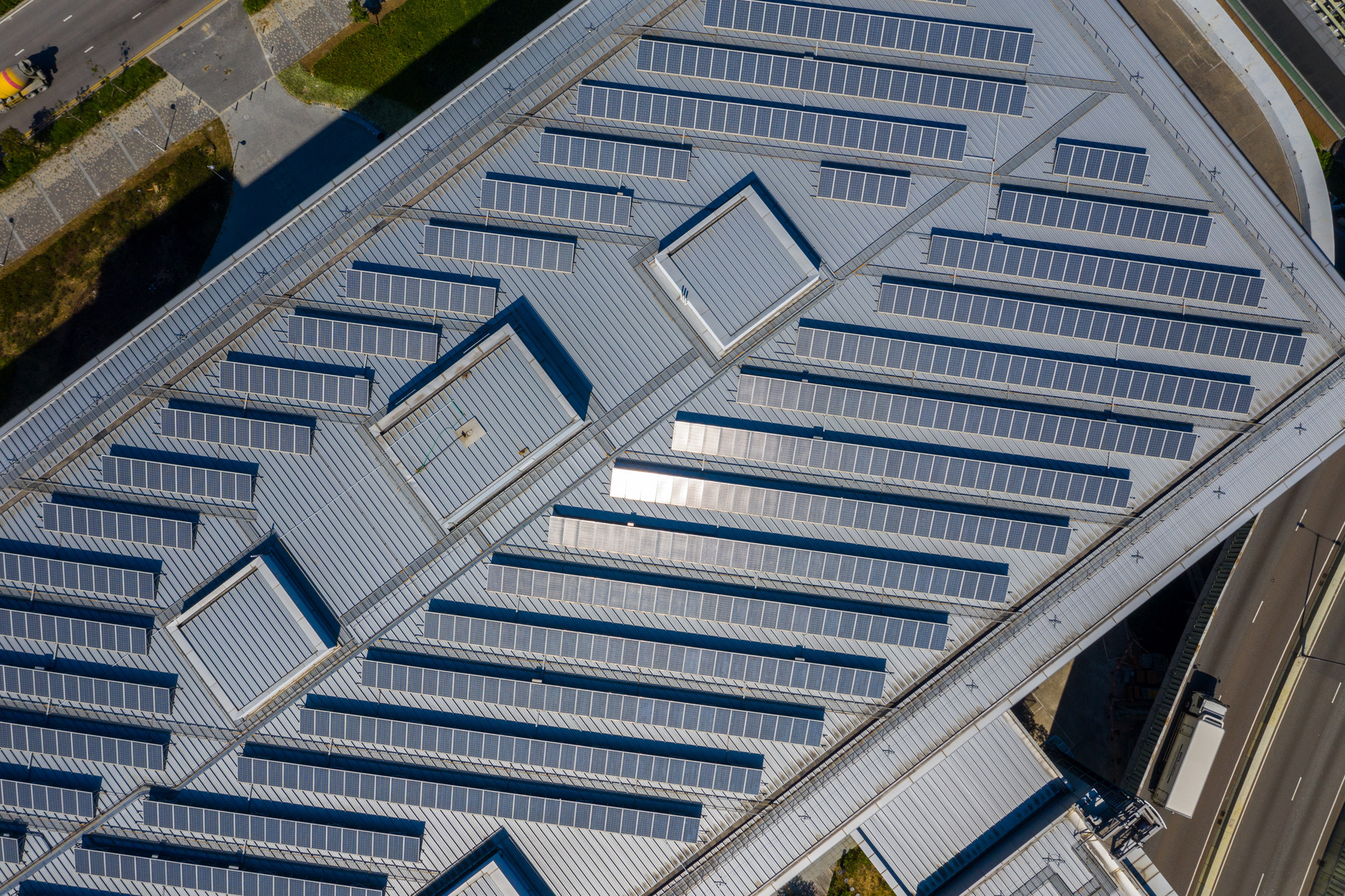
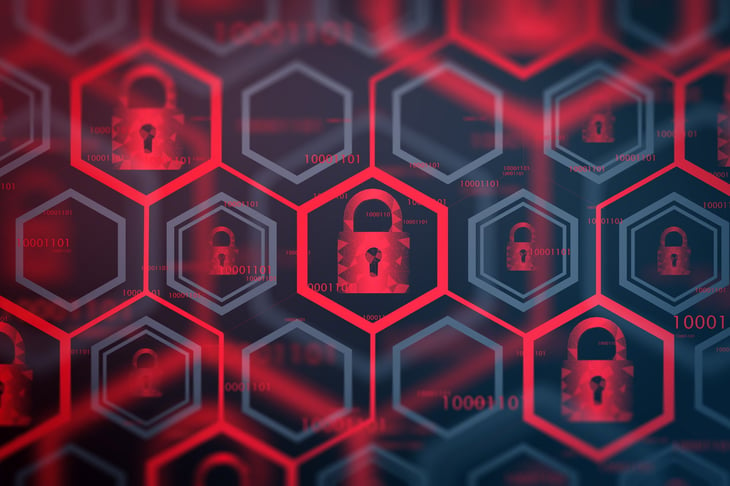

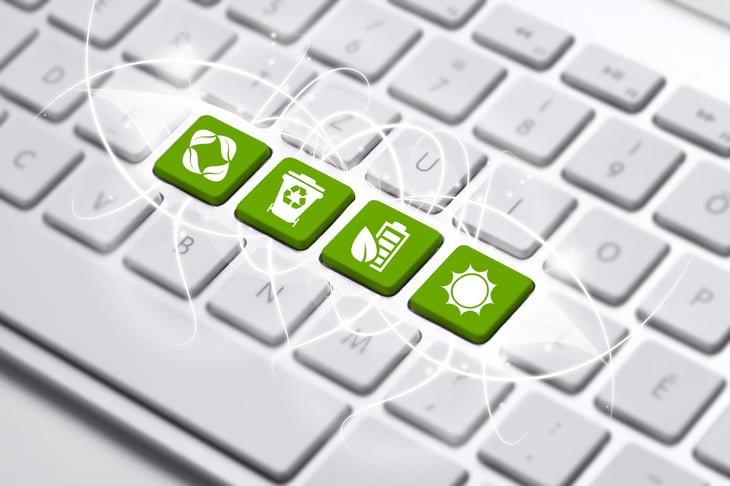
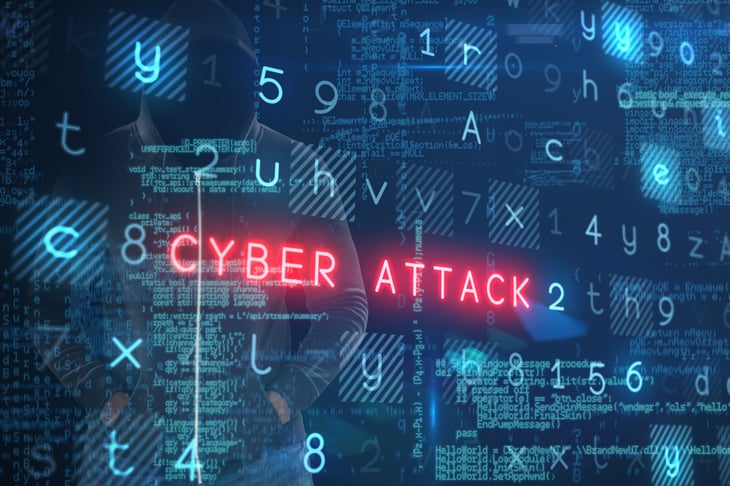
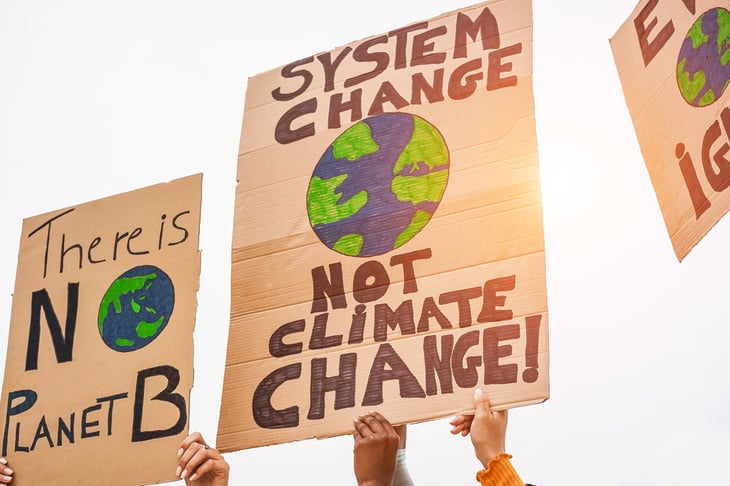
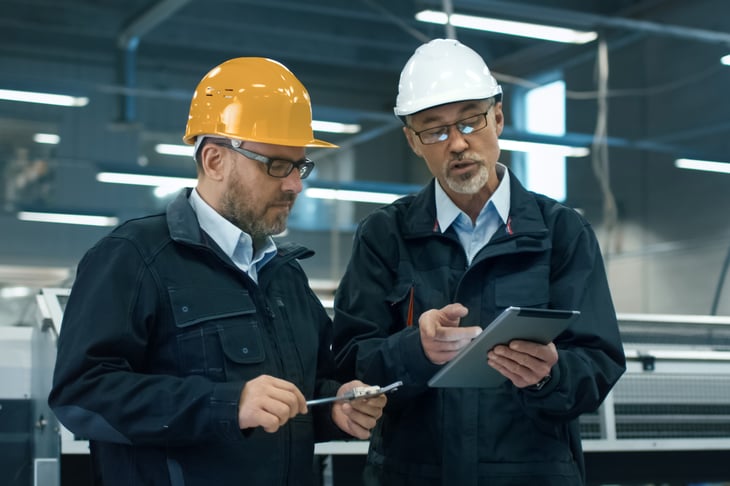
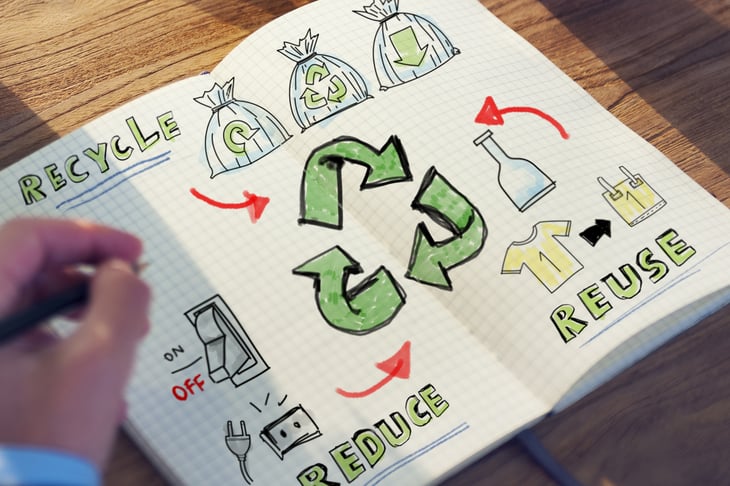
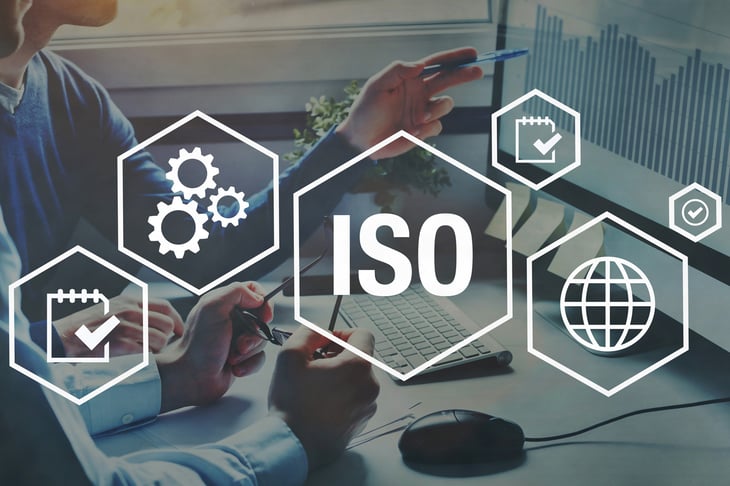

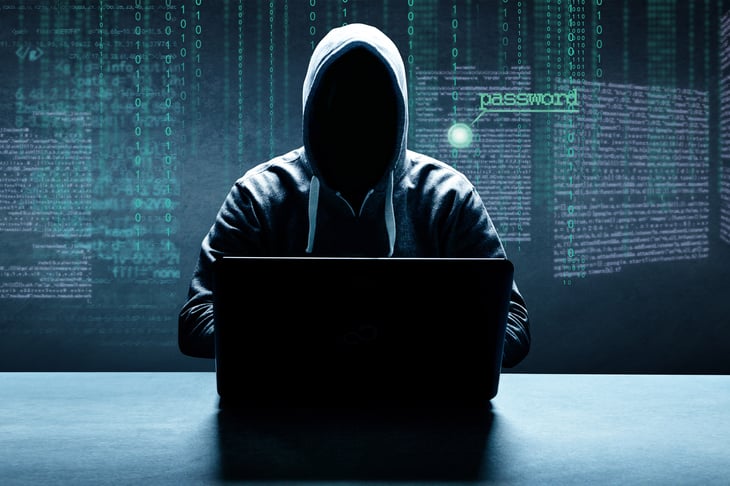
 Getting ISO certified in your industry is becoming more and more critical as the competitive landscape tightens. Maintaining an advantage over your competitors is crucial to not only surviving but to prosper in these economic times.
Getting ISO certified in your industry is becoming more and more critical as the competitive landscape tightens. Maintaining an advantage over your competitors is crucial to not only surviving but to prosper in these economic times.